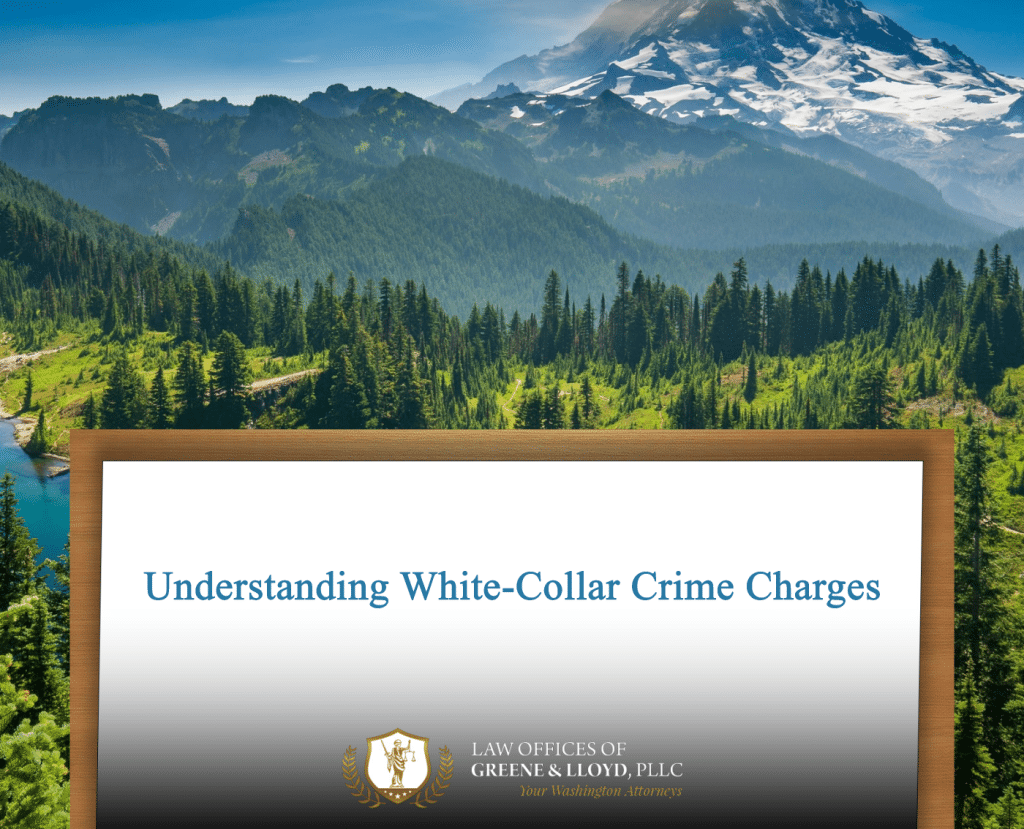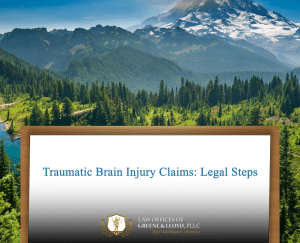White-Collar Crimes, often committed in corporate or professional settings, can have serious implications for individuals, businesses, and society as a whole. These non-violent offenses, which typically involve deceit to gain a financial advantage, can be hard to detect but devastating when uncovered. People accused of white-collar crimes may feel overwhelmed, as the legal, financial, and personal repercussions can be substantial. Understanding the nature of these crimes is essential for those navigating this complex realm, either as potential defendants or as individuals seeking to raise awareness.
Comprehending White-Collar Crimes
White-Collar Crimes refer to non-violent offenses committed for financial gain, typically within professional settings. These crimes can include fraud, money laundering, embezzlement, insider trading, and bribery. For example, a corporate executive might engage in insider trading by using confidential information to buy stocks before the public is aware, profiting from the transaction. Another instance is embezzlement, where an employee misappropriates funds from a company, leading to significant financial losses. Understanding these crimes helps illuminate how they can undermine trust in professional relationships and institutions.
Importance of White-Collar Crimes
The ramifications of White-Collar Crimes extend far beyond the immediate financial impact. They can erode public trust in financial systems and corporate governance. For instance, when a high-profile fraud case surfaces, it can lead people to lose confidence in market integrity, causing stock prices to plummet. This decline can result in broader economic consequences, affecting investors and employees alike. Additionally, victims of white-collar crimes may suffer substantial financial losses, leading to stress and anxiety.
- In a scenario involving a Ponzi scheme, countless individuals may lose their life savings, resulting in widespread financial devastation.
- A bank employee caught committing fraud can lead to the downfall of the institution, affecting thousands of employees and customers.
- When a corporation engages in bribery to secure contracts, it can undermine ethical business practices, impacting competition and innovation.
The Mechanism of White-Collar Crime in Washington
- Step 1: A thorough investigation is initiated based on a tip or data irregularities.
- Step 2: Law enforcement agencies review evidence, including financial records and communications.
- Step 3: Charges may be levied against individuals or entities based on the evidence gathered.
Expert Advice for Identifying White-Collar Crimes
Common Questions Related to White-Collar Crimes in Washington
How Greene and Lloyd Law Offices Aids Clients
The Law Offices of Greene and Lloyd provides expert legal support to individuals facing white-collar crime accusations. With extensive experience in financial law, their team offers strategic guidance tailored to each client’s unique circumstances. They strive to dismantle accusations by meticulously analyzing evidence and building a compelling defense. Clients appreciate their comprehensive approach, which focuses on not just legal representation but also emotional support during challenging times. The peace of mind provided by such experienced counsel is invaluable when navigating the turbulent waters of white-collar crime charges.




